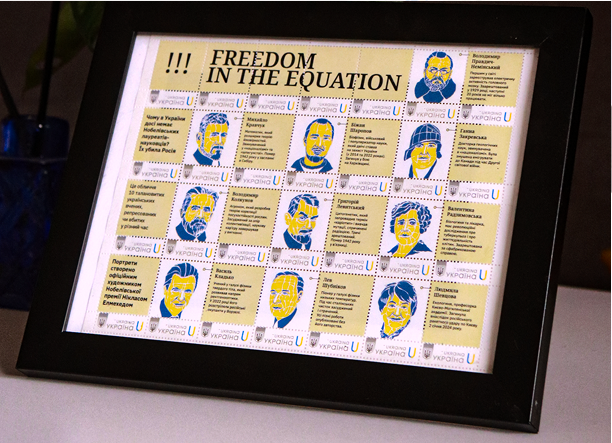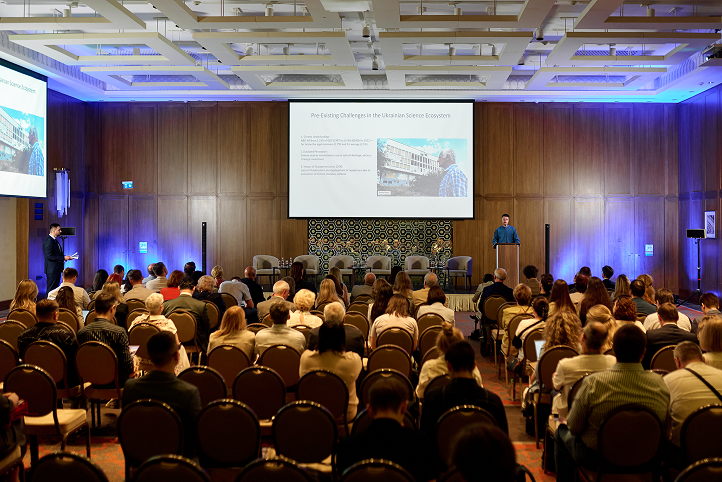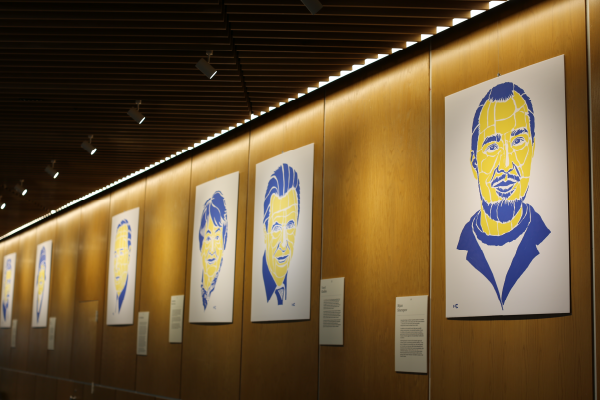
Science at Risk in Washington
30.06.23
Science at Risk in Washington: Presentation of a Platform for Preserving and Restoring Ukrainian Science
Russian troops are destroying Ukrainian science, and Ukrainian scientists are working under immense pressure and threat to their lives. The Science at Risk platform was created to address the issues and needs of Ukrainian scientists in the international community. It's a community and web platform that will allow the promotion of Ukrainian scientists' expertise, find international partners and donors, and tell the stories of scientists during the war to a broad audience. The platform presentation took place in Washington on May 24.
On the website scienceatrisk.org, foreign stakeholders can find Ukrainian experts, learn about the needs of Ukrainian science firsthand, help specific individuals and institutions, and find colleagues for joint projects.
For Ukrainian scientists, Science at Risk can become a community for discussing issues of science development and experience exchange, a platform for obtaining grant support and searching for foreign colleagues and collaborators.
Work on Science at Risk is carried out in three main directions:
— Preserving science at risk
— Communicating science during the war
— Its restoration after the war
In the first stage of the project, scientists created analytical documents within each of the directions and formed a database of damaged infrastructure and a database of Ukrainian experts. They also collected ten reports within the framework of communication.
During the presentation, the Ambassador of Ukraine to the USA, Oksana Markarova, emphasized the resolute aspiration to prioritize science, unite scientists, and promote research and innovation for Ukraine's future prosperity.
Ukraine has been suffering from terrible attacks for over 450 days, resulting in over 2,500 education, science, and culture institutions being damaged or destroyed. So, as Oksana Markarova pointed out, the Russians specifically target people who want to continue education and science development. Because this also means implementing effective policies, economic development, and strengthening defense.
This was also emphasized by Vaughan Turekian, Executive Director of the Policy and Global Affairs Division (PGA) at The National Academies of Sciences, Engineering, and Medicine).
Vaughan Turekian
That's why, in the future, Science at Risk will become a center where scientists learn to implement scientific achievements into political decisions and directly assist in solving state problems. For the project's second stage, which will last throughout 2023, a team of 30 scientists has been assembled. Over eight months, they will work on nine white papers, add information to databases of the destroyed infrastructure and Ukrainian experts, and share the results of their work with the international community.
In this case, Ukraine can be an example for other countries suffering from wars or natural disasters, says Doron Weber, vice president of the Alfred P. Sloan Foundation. Thus, successful cases of scientific preservation and restoration will be applicable not only to Ukraine but to the entire world. So the benefits of implementing similar practices will be long-term and global.
The project is supported by the Press, Education, and Culture Department of the U.S. Embassy in Ukraine, Alfred P. Sloan Foundation, Ministry of Education and Science of Ukraine and National Research Foundation. ZMIN Foundation has supported the event in NYC. The project is implemented by the NGO Kunsht.

